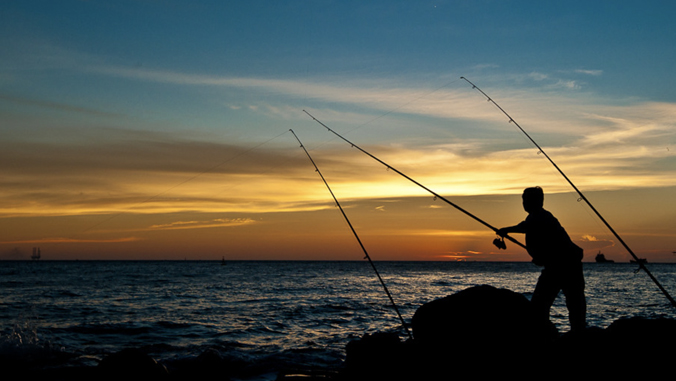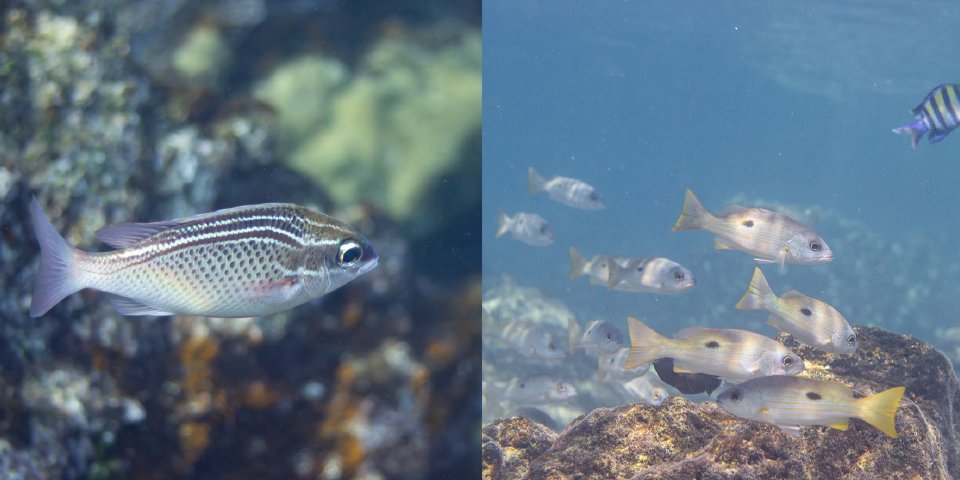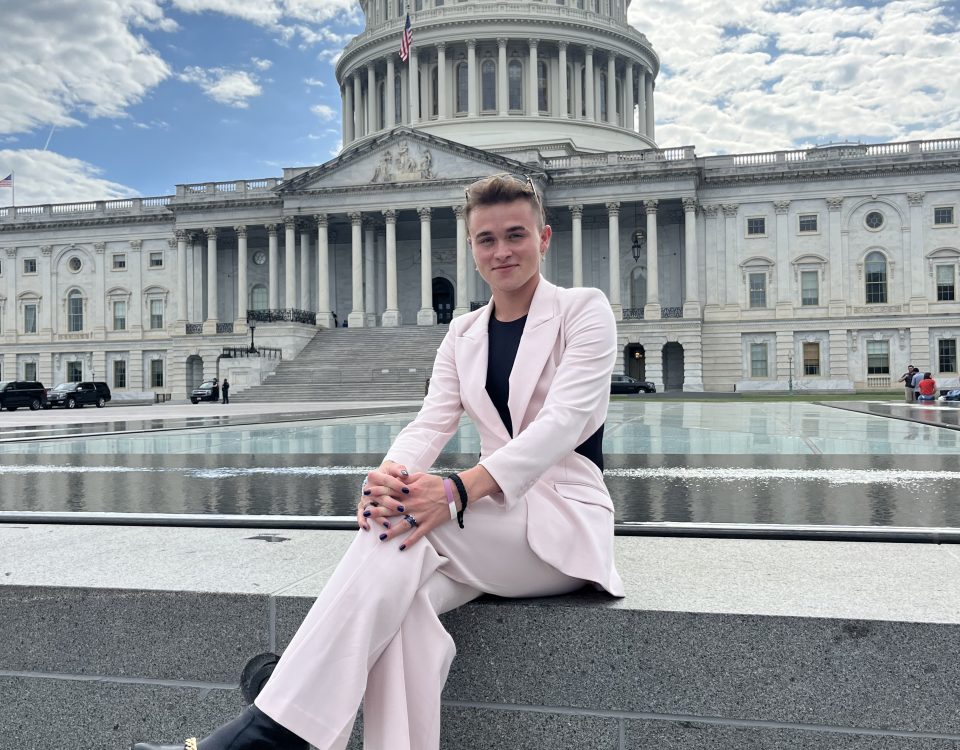Scholarships Make Science More Accessible to a Broader Audience

HIMB Faculty, Staff, and Students Participate in UH Mānoa’s “Cohort Kumukahi”, Beginning Two-Year Initiative to Become a Native Hawaiian Place of Learning
March 25, 2024
Could Fishponds Help With Hawaiʻi’s Sustainability?
April 18, 2024UH Foundation, first published April 4, 2024
Carlos Tramonte is a first-year PhD student studying marine biology at the University of Hawaiʻi at Mānoa’s Hawaiʻi Institute for Marine Biology. Tramonte was born in Venezuela and grew up in South Florida. He holds a bachelor’s degree in biological sciences and environmental studies from Boston College, and did undergraduate research at Boston University’s Davies Marine Population Genomics Lab. He completed his master’s degree in biology in 2023 with the University of Guam’s Marine Laboratory.
He is the recipient of scholarships from the Colonel Willys E. Lord, DVM & Sandina L. Lord Scholarship Fund for the Hawaiʻi Institute of Marine Biology and the Peter Castro HIMB Graduate Student Support Fund. This is an excerpt from his thank you letter to the donors.
I am an avid wildlife and underwater photographer who especially loves to shoot macro photos of nudibranchs, corals, and honestly anything tiny! I am also starting to get into drone photography, so flying around the island and getting unique shots has been a small pastime of mine as of late. I have also started volunteering at the Waikiki Aquarium as a display tank diver, which has been a really fun way of interacting with kids curious about the underwater world!
As a PhD student at UH Mānoa, my work aims to combine advanced genetic and ecological research methodologies with traditional ecological knowledge to amplify the resilience of the American Sāmoan archipelago, especially in the face of the mounting challenges posed by climate change. My ambition is to leverage these knowledge systems and skills I acquire to contribute to marine conservation science within both academia and policy with an emphasis on creating and executing projects that will benefit local communities and the reefs that they reside upon.
To my donors
With your support, I can continue to blend cutting-edge genetic research with traditional ecological knowledge, an approach I believe is crucial for creating sustainable solutions for marine conservation. This endeavor not only aims to preserve the environment but also to empower the communities that rely on these ecosystems.
Beyond the direct impact on my research, your generosity touches on a personal commitment of mine to make the STEM fields more inclusive. As an underrepresented minority in this space, I am keenly aware of the barriers that can discourage talented individuals from pursuing their scientific interests. Your donation helps to challenge these obstacles, making science more accessible to a broader audience.
I am truly grateful for your support and look forward to making a meaningful difference in the field of marine conservation.





